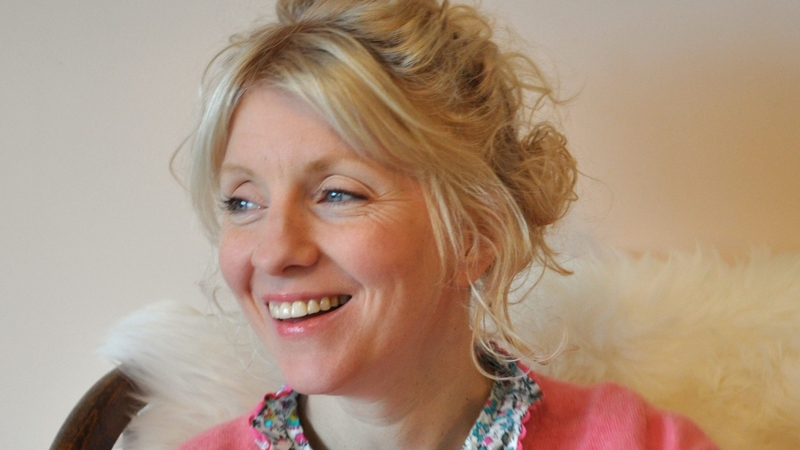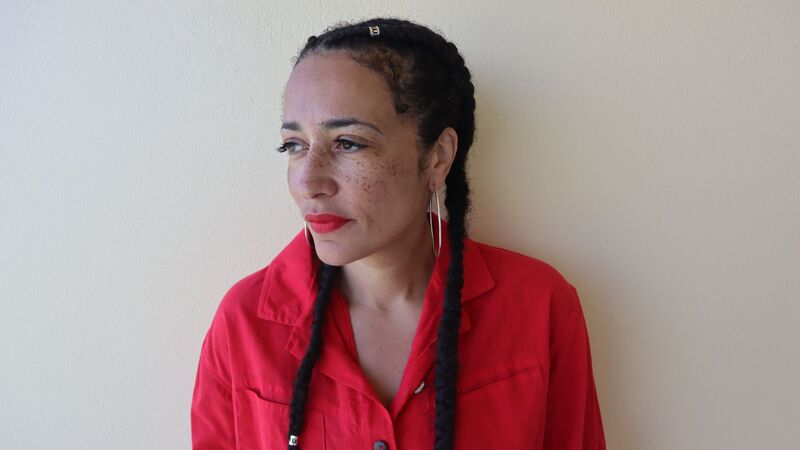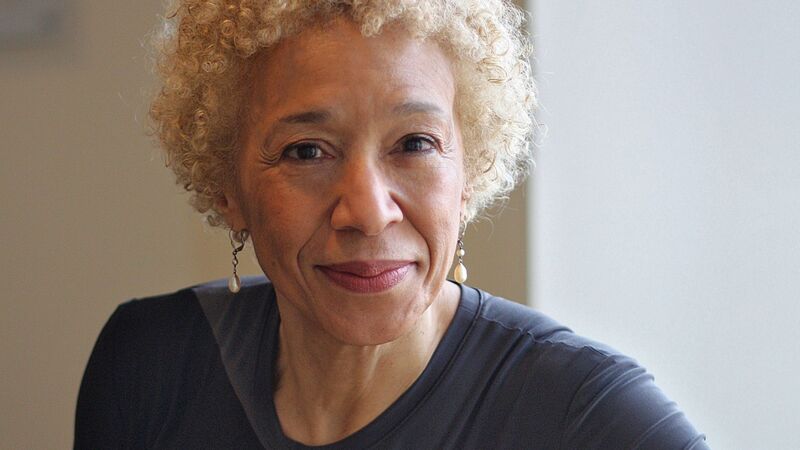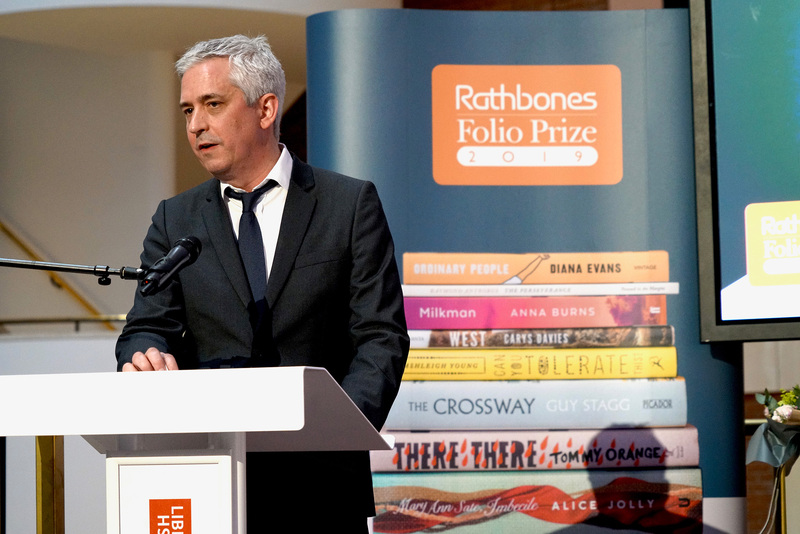You are viewing your 1 free article this month. Login to read more articles.
Rathbones Folio expands mentorships and reveals recovery from £30k cyber theft
The Rathbones Folio Foundation has expanded its mentorships for disadvantaged young writers with plans for a fully-funded University of East Anglia bursary, as the team revealed how they recovered from a cyber theft of its £30,000 prize over lockdown.
Award-winning author Tessa Hadley (pictured) will chair this year’s Rathbones Folio Prize in a panel alongside the Costa Prize and Rathbones Folio Prize-shortlisted poet Rachel Long and the prize-winning non-fiction writer William Atkins. The shortlist will be announced in February 2022.
Rathbones Folio includes an academy of more than 300 writers, with accompanying events and a newly boosted mentorship programmes for disadvantaged young writers. “This year we’ve managed to get the number of mentors from four to six which is really exciting,” Rathbones Folio Prize director Minna Fry told The Bookseller. For 2022, the mentors include authors Caleb Azumah Nelson, Chloe Aridjis, Fiona Benson, Stephanie Cross, Will Eaves and Will Harris.
Since launching in 2018, there is no equivalent mentorship scheme in the UK that offers young writers such sustained one-to-one attention, according to Rathbones Folio. “We’re so proud of the mentorships,” Fry said, emphasising the impact on the writers’ lives. “The journey that these young writers go on from when they first meet you and can barely shake your hand and certainly not look you in the eye to nine months later to when they’re at the British Library and owning the stage. These people are transformed before your eyes.”
She also wants to expand the scheme to fund a degree. She explained: “I’m really trying to find funding for a scholarship for the next phase in the mentees’ life. We take them at 16 to 18 and I’d love to then offer the bursary for UEA to the best of the bunch. My dream is: we get them at 16, they’re mentored, then they go to UEA and then they mentor other people and win our prize. To get the scholarship, it’s around £9,000 for a business to offer a young writer of promise this opportunity. It would be amazing.” The prize already has a relationship with UEA, which supports the package for the annual £30,000 award.
Fry revealed how the academy recovered through lockdown from a cyber theft incident in which the £30,000 prize money for 2020 was originally sent to a criminal posing as winner Valeria Luiselli: one instance in a string of cyber attacks on literary prizes. “The prize wasn’t really affected but I was because I felt like an idiot, even though I don’t think it was me, to put faith into something on day two of lockdown,” Fry said. “We just tightened our belts for the following year but actually because of lockdown and things happening on Zoom in a sense we were able to achieve the same amount but without the cost of people travelling and staying at hotels.
“It was awful. A loss of £30,000, that is absolutely awful, but we just decided 'we’ve done this, we’ll learn not to be so trustworthy and suck it up’ and tell everybody about it so they were aware. It was gutting. What was more gutting than anything was when the winning author Valeria Luiselli contacted me three months after the prize and said, ‘Any chance of the money?’ I replied saying ‘You can’t have spent it all at once ha ha ha’ and she said, ‘What are you talking about?’ We’d never met her and suddenly we thought ‘Oh my God’. It was horrible and I wouldn’t wish it on anyone but luckily, because of circumstances, we were able to absorb it.”
Fry considered tricking the criminal into exposing themselves. “I was quite keen to pretend we hadn’t caught it and then try and trap them, for example if they tried it on the Booker Prize, and keep them going so we could trace their IP and work as a honey trap. But everyone said ‘how awful’ and was very sympathetic. And Rathbones our sponsors were wonderful. We’ve now put measures in place so it won’t happen again.”
Former literary agent Andrew Kidd, who founded the prize back in 2013, said the police are no longer investigating the incident. “The thing with cyber crime is it’s incredibly difficult to track these people down,” he said.
Fry hopes the prize is fairer than some other literary awards because, unlike many other major prizes, it does not require a fee from publishers but is decided largely by academy members instead. “Working on the publishing side, I used to think that people who entered prizes, it was dictated by their budget. Our one, you’re not allowed to enter.... they’re all nominated by fellow writers. That’s something I’m really proud of,” she said.
The prize became broader in recent years after sponsorship moved from the Folio Society to Rathbones Investment Management in 2015. “We opened it to all genres,” Fry said. “Ours is literally the only prize which compares poetry with memoir with novels etc. I think that’s been really needed for ages.”
Kidd described how the prize which he founded first got attention for being open to English writing from around the world: “It was originally fiction-based and got a lot of attention and noise because it was borderless. We moved from Folio to Rathbones sponsorship and we saw all this intensely exciting work in non-fiction and obviously poetry is having a real resurgence, so we reconceived the prize for all genres so it could be the best book of the year rather than the best fiction. Interestingly the Booker Prize then changed its rules to become borderless [in 2014]."
The organisation will be running more events with the British Library as well as online events with Fane and others, after switching from physical to online events in lockdown. “I think we’ll be looking at a hybrid future, both in-person and online,” Kidd said. “Hopefully we’ll have a live event at the British Library next March but we’re also looking at how to make it accessible to others.”
In the first of an occasional series, the Rathbones Folio Prize is partnering with 5x15 for an online event interrogating the question: 'Is the creative gene inherited or can it be learned?’ Featuring mother-and-daughter authors Deborah Moggach and Lottie Moggach, the event will be chaired by Lucy Hughes-Hallett, herself the daughter of a writer, and mother of another. For more information, visit Eventbrite.




















